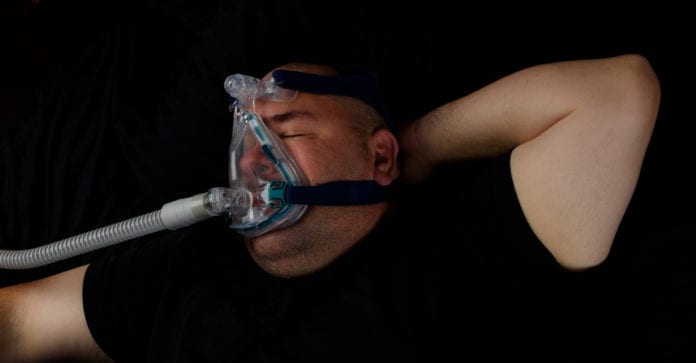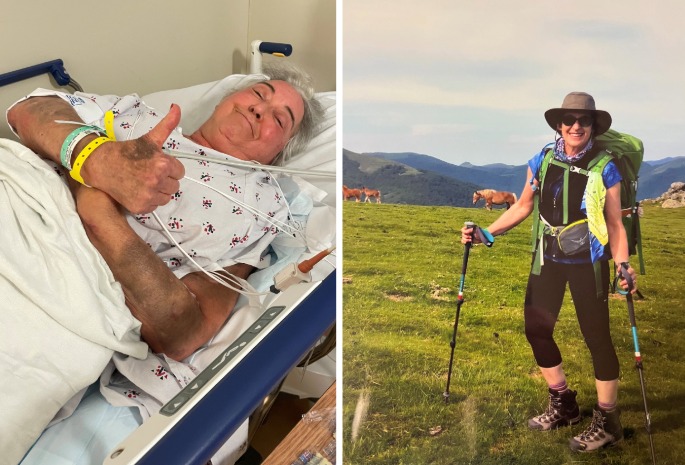We all know the feeling that comes with a bad night’s sleep. We feel groggy, drained, crabby and just flat-out exhausted. Fortunately, for most of us, that experience only happens occasionally. But what if you felt like that all the time? What if all you wanted to do was sleep? And when you weren’t sleeping, it’s what your body and brain craved?
For those with idiopathic hypersomnia, that’s their reality. The condition, though rare, can greatly interfere with your quality of life. After struggling with excessive sleepiness for six years, Sijurjon Jakobsson wanted answers. He and his family traveled more than 3,000 miles, from Iceland to Emory Brain Health Center in Atlanta, to see if David Rye, MD, neurologist and sleep medicine specialist, could help.





